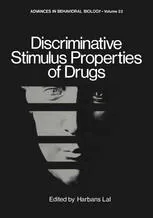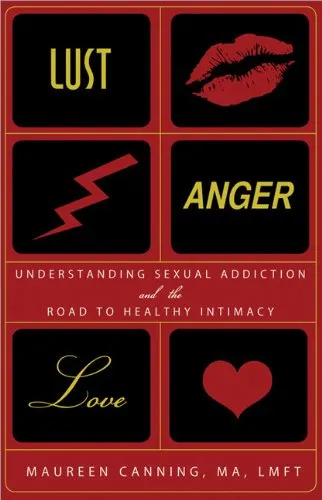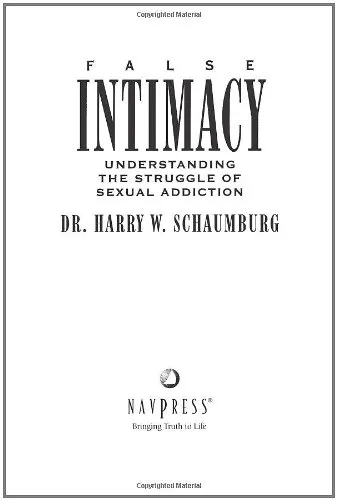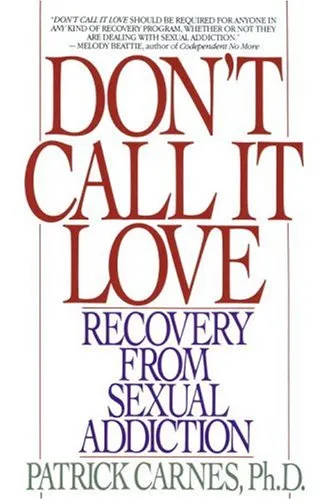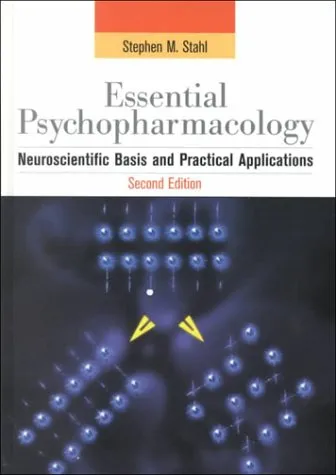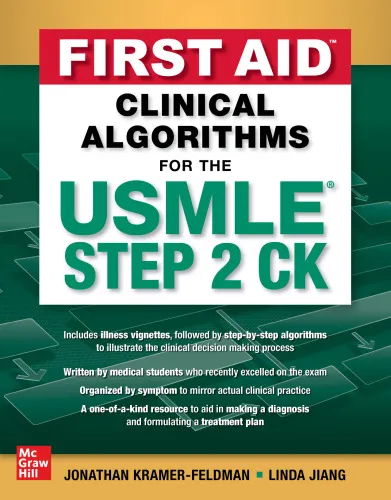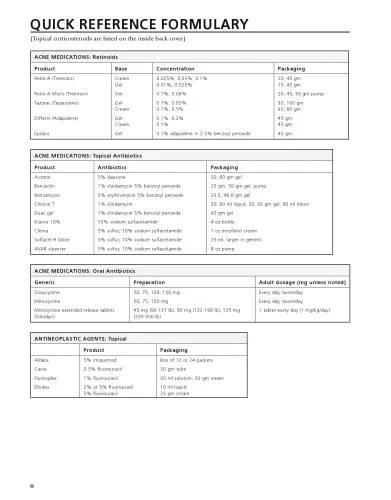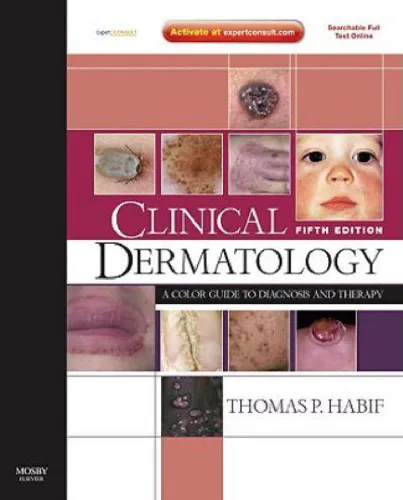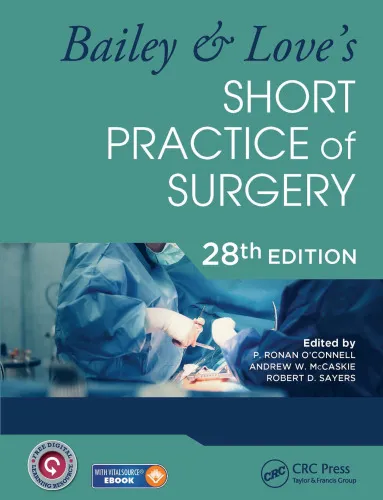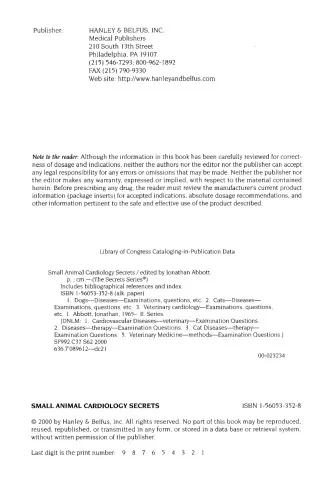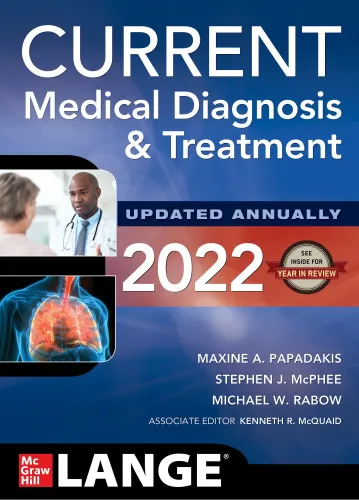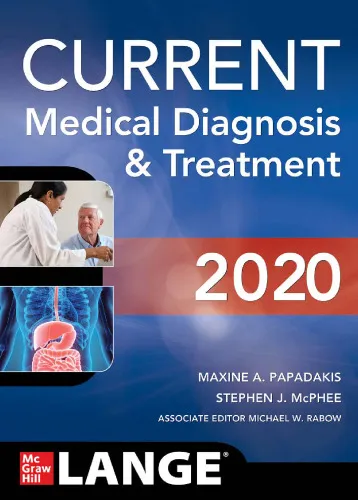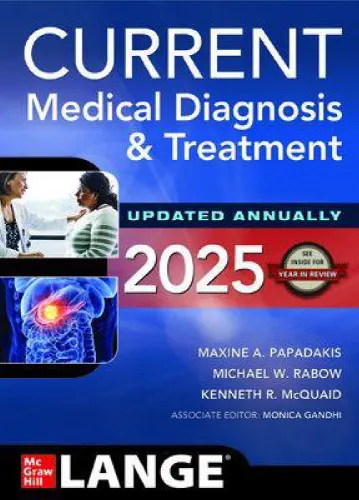The Science of Addiction: From Neurobiology to Treatment
4.5
بر اساس نظر کاربران

شما میتونید سوالاتتون در باره کتاب رو از هوش مصنوعیش بعد از ورود بپرسید
هر دانلود یا پرسش از هوش مصنوعی 2 امتیاز لازم دارد، برای بدست آوردن امتیاز رایگان، به صفحه ی راهنمای امتیازات سر بزنید و یک سری کار ارزشمند انجام بدینکتاب های مرتبط:
مقدمهای بر کتاب 'The Science of Addiction: From Neurobiology to Treatment'
کتاب "The Science of Addiction: From Neurobiology to Treatment" نوشته کارلتون کی. اریکسون یکی از جامعترین و معتبرترین منابعی است که به بررسی علوم اعصاب، روانشناسی، و درمانهای مرتبط با اعتیاد میپردازد. این کتاب به زبانی ساده و علمی نوشته شده و هدف آن ارائه اطلاعات دقیق و قابل فهم برای متخصصان بهداشت، درمانگران، دانشجویان، و عموم افرادی است که علاقهمندند اعتیاد را از دیدگاه علمی و عملی بشناسند.
خلاصهای از کتاب
کتاب "The Science of Addiction" از ابتدا تا انتها با تمرکز بر روی پیشرفتهای علمی در زمینههایی همچون Neurobiology، شناخت ساختار مغز، عوامل ژنتیکی، و محیطی مربوط به اعتیاد نوشته شده است. نویسنده به شکلی دقیق و منطقی توضیح میدهد که چرا اعتیاد یک بیماری مغزی است و نه صرفاً یک رفتار نادرست. این اثر بر پایه پژوهشهای روز، روند تأثیر اعتیاد بر مغز و تغییرات فیزیکی و شیمیایی آن را بررسی میکند. همچنین، روشهای درمانی متفاوت اعم از Behavioral therapies، Medication-assisted treatments، و دیگر مداخلات روانشناختی به طور جامع تحلیل شدهاند.
یکی از نکات برجسته کتاب این است که به وضوح توضیح میدهد چگونه عوامل ژنتیکی، اجتماعی، و محیطی میتوانند ریسک ابتلا به اعتیاد را افزایش یا کاهش دهند. این کتاب برای افرادی که به دنبال درک عمیقی از رابطه پیچیده مغز، رفتار، و مواد هستند، منبعی ضروری به شمار میآید.
نکات کلیدی از کتاب
- اعتیاد تنها یک اختلال رفتاری نیست؛ بلکه یک بیماری مغزی مزمن و پیچیده است.
- Neurobiology نشان میدهد که مواد مخدر میتوانند سیستم پاداشدهی مغز را به شکلی غیرطبیعی تحریک کنند.
- عوامل ژنتیکی و محیطی نقش کلیدی در افزایش یا کاهش حساسیت به اعتیاد ایفا میکنند.
- روشهای درمانی چندبعدی مانند Behavioral therapies و Medication-assisted approaches از تأثیرگذارترین استراتژیها هستند.
- تاکید بر اهمیت پیشگیری و آموزش اجتماعی برای کاهش شیوع اعتیاد در جوامع.
جملات معروف از کتاب
"Addiction is a brain disease that influences our ability to make decisions, control impulses, and understand consequences."
"Understanding the neurobiology of addiction helps us empathize with those struggling and develop more effective treatments."
چرا این کتاب مهم است؟
این کتاب به شکلی علمی و روانشناختی بر روی پدیده اعتیاد تمرکز دارد و درک ما از این بیماری را به طور بنیادی تغییر میدهد. با توجه به اینکه اعتیاد یکی از چالشهای جدی در بسیاری از جوامع است، داشتن دانش عمیقتر درباره عوامل نهفته در آن امری ضروری است. دکتر کارلتون کی. اریکسون در این کتاب به ما یادآور میشود که تغییر نگرش نسبت به اعتیاد از یک ضعف فردی به یک بیماری مغزی میتواند به بهبود روشهای درمانی و کاهش تبعیض کمک کند.
برای متخصصان و افراد غیرمتخصص، مطالعه این کتاب افقهای جدیدی را باز میکند و کمک میکند تا با دیدی علمیتر و انسانیتر به مسئله اعتیاد نگاه کنیم. به همین دلیل، خواندن این کتاب برای هر کسی که به دنبال روزآمد کردن دانش خود در زمینه اعتیاد است، بسیار توصیه میشود.
Introduction to "The Science of Addiction: From Neurobiology to Treatment"
Addiction is one of the most misunderstood and complex topics in the fields of neuroscience, psychology, and medicine. In my book, "The Science of Addiction: From Neurobiology to Treatment," I aim to demystify the subject by exploring the intricate relationship between the brain, behavior, and addiction. This book not only presents scientific insights into the mechanisms of addiction but also offers practical approaches to treatment, informed by the latest research and clinical practice.
The book is designed to serve as a bridge between cutting-edge science and real-world applications. It provides readers with a thorough understanding of addiction as a treatable brain disease, dispelling age-old myths and misconceptions that often stigmatize those struggling with substance use disorders. Whether you're a clinician, researcher, student, or simply someone interested in understanding addiction, this book equips you with the knowledge to make informed decisions and promote change.
Detailed Summary of the Book
The book is organized into several key sections that together provide a comprehensive overview of addiction, from its biological foundations to evidence-based treatment strategies:
- Understanding Addiction: This section lays the groundwork by defining addiction as a chronic, relapsing brain disease. It explains how factors such as genetics, environment, and brain chemistry contribute to addiction.
- The Neurobiology of Addiction: Diving into the science, I explore the role of neurotransmitters, the structure of the brain's reward system, and how substances like opioids, alcohol, and stimulants alter these mechanisms.
- The Role of Stress and Co-occurring Disorders: Here, I discuss the impact of stress, trauma, and mental health conditions on addiction, emphasizing the need for a dual-diagnosis approach.
- Treatment Strategies: This part of the book provides an overview of current and emerging treatments, including behavioral therapies, medications, and holistic approaches. It explains how personalized and integrated care can yield significant benefits for individuals struggling with substance use disorders.
- Prevention and Recovery: The final section focuses on prevention strategies and recovery models, highlighting the importance of community support and long-term care.
Tying all of these elements together, the book demystifies addiction and promotes a compassionate, science-driven approach to treatment and recovery.
Key Takeaways
- Understanding addiction as a brain disease rather than a moral failing is essential to fostering effective treatments and reducing stigma.
- The brain's reward circuitry plays a critical role in developing and maintaining addictive behaviors.
- Stress, trauma, and co-occurring mental health conditions can significantly exacerbate addiction, requiring integrated treatment approaches.
- Addiction treatment is not one-size-fits-all; individualized care and evidence-based practices are key to long-term recovery.
- Prevention efforts and community-based support systems are invaluable in reducing the societal burden of addiction.
These takeaways are essential not only for professionals but also for individuals and families affected by addiction. By understanding the science behind addiction, we can collectively advocate for better care and resources.
Famous Quotes from the Book
"Addiction is not about willpower; it is about the brain's misfiring reward system. To treat addiction effectively, we must first understand it at both the biological and behavioral level."
"Recovery is not a destination but a lifelong journey that requires a combination of science, empathy, and community support."
"Stigma around addiction is one of the greatest barriers to treatment. Education about the brain disease model has the power to change lives and open doors to recovery."
Why This Book Matters
The Science of Addiction is more than just a book; it’s a call to action. Addiction affects millions of people worldwide, yet societal understanding and support have often lagged behind the science. By focusing on the neurobiological underpinnings of addiction, this book brings clarity to a complex issue and underscores the importance of compassion and scientific rigor in addressing substance use disorders.
For professionals in the field, the book serves as a practical guide to understanding and treating addiction. For families and individuals, it provides comfort and hope by shedding light on the science behind the struggle and the pathways to recovery. Ultimately, this book matters because addiction is a universal challenge—and the more we learn, the better equipped we are to overcome it.
دانلود رایگان مستقیم
شما میتونید سوالاتتون در باره کتاب رو از هوش مصنوعیش بعد از ورود بپرسید
دسترسی به کتابها از طریق پلتفرمهای قانونی و کتابخانههای عمومی نه تنها از حقوق نویسندگان و ناشران حمایت میکند، بلکه به پایداری فرهنگ کتابخوانی نیز کمک میرساند. پیش از دانلود، لحظهای به بررسی این گزینهها فکر کنید.
این کتاب رو در پلتفرم های دیگه ببینید
WorldCat به شما کمک میکنه تا کتاب ها رو در کتابخانه های سراسر دنیا پیدا کنید
امتیازها، نظرات تخصصی و صحبت ها درباره کتاب را در Goodreads ببینید
کتابهای کمیاب یا دست دوم را در AbeBooks پیدا کنید و بخرید
1339
بازدید4.5
امتیاز0
نظر98%
رضایتنظرات:
4.5
بر اساس 0 نظر کاربران
Questions & Answers
Ask questions about this book or help others by answering
No questions yet. Be the first to ask!


